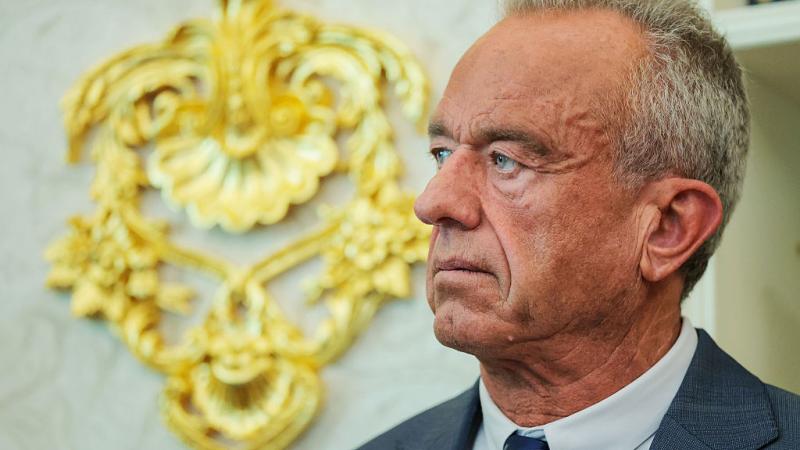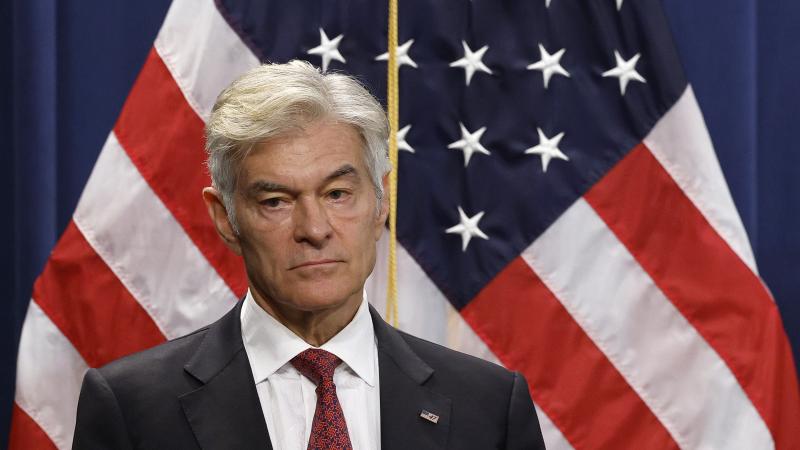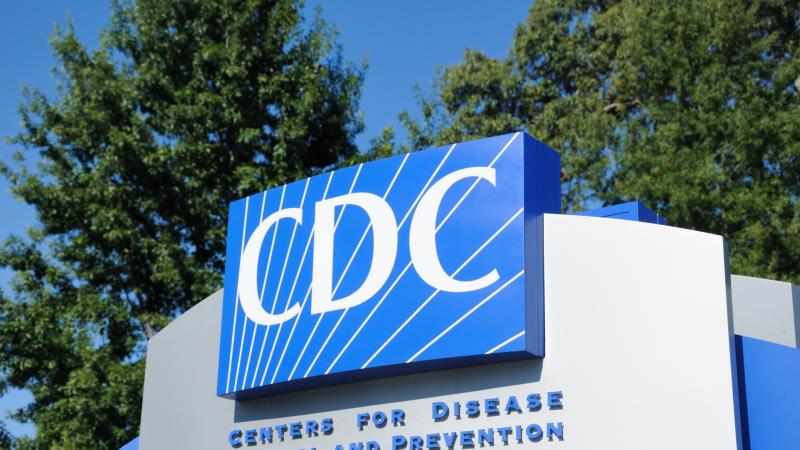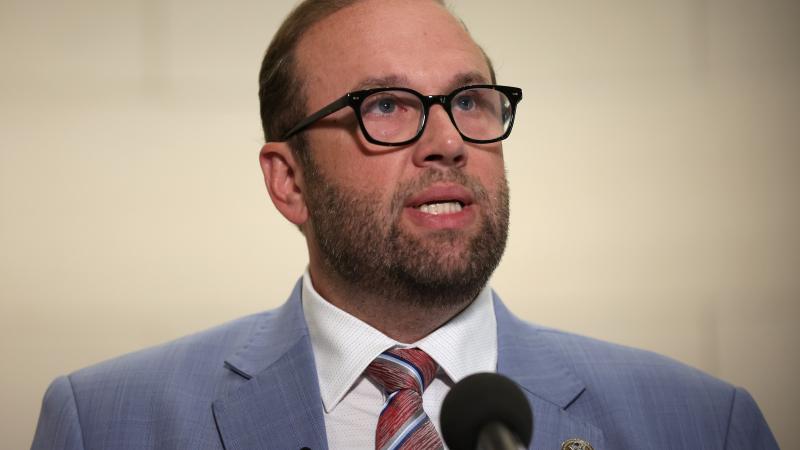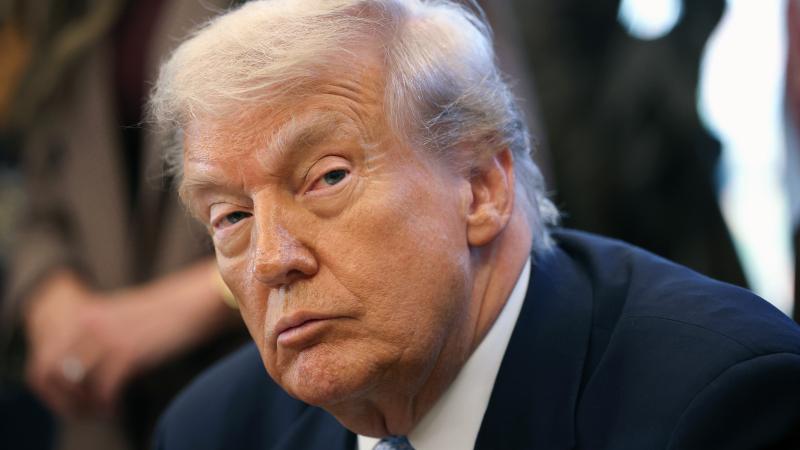Gingrich poll: Swing voters want more control over their healthcare, less government
73% of swing voters believe patients and doctors should be in charge of fixing healthcare, compared to 25% who believe the government should have more power to protect patients.
Swing voters want more control over their health insurance and less government involvement, according to an in-depth opinion survey of the demographic commissioned by former House Speaker Newt Gingrich.
The poll of swing voters was conducted by Trump campaign pollster John McLaughlin for Gingrich, architect of the GOP capture of the House of Representatives in 1994 after decades in the minority. The survey, which covered a wide range of issues, asked four questions on health care.
Regarding fixing health care, 73% of swing voters believe patients and doctors should be "in charge instead of insurance companies and big government," while 25% think the government should have more power to protect patients.
Since businesses spend money on health benefits as part of their employees' compensation, 81% of swing voters believe that workers should have more control over how it's spent, with 19% disagreeing.
When respondents were asked if the government should provide more choices for Americans to personalize their health care, 61% agreed, with 39% saying that the government should provide a public option, under which a public insurance plan like Medicare that competes with private sector plans could be purchased.
Given a choice between a candidate "who supports cutting health care costs through price transparency, consumer choice, and private sector competition" or one "who supports allowing the federal government to negotiate better prices on behalf of patients," 54% said they would vote for the former, with 37% opting for the latter. When the former option was labeled a Republican, the support dropped to 50%, and when the latter was identified as a Democrat, the percentage increased by a point, to 38.
"This poll reveals both good and bad news for Republicans when it comes to health care," former Deputy Secretary of Health and Human Services Tevi Troy told Just the News. "The good news is that voters prefer their policies of favoring patients and doctors over government bureaucrats for making health care decisions. The bad news is that the Republicans' popular ideas lose at least some of their support when they are identified with the Republican Party rather than a generic unnamed party."
